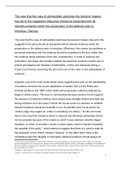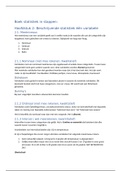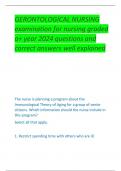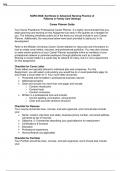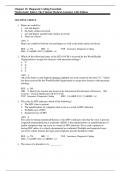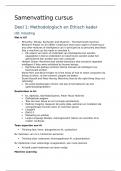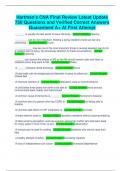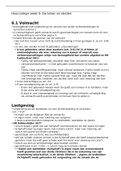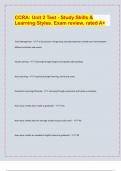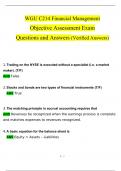Essay
Criminal Litigation / Criminal Law / Criminal Procedure and Evidence Essay - Rules of Admissibility of Evidence
- Module
- Criminal Litigation
Essay question: The view that the rules of admissibility patronise the decision makers has led to the suggestion that juries should be presented with all relevant evidence which the prosecution or the defence wish to introduce. Discuss.
[Show more]
